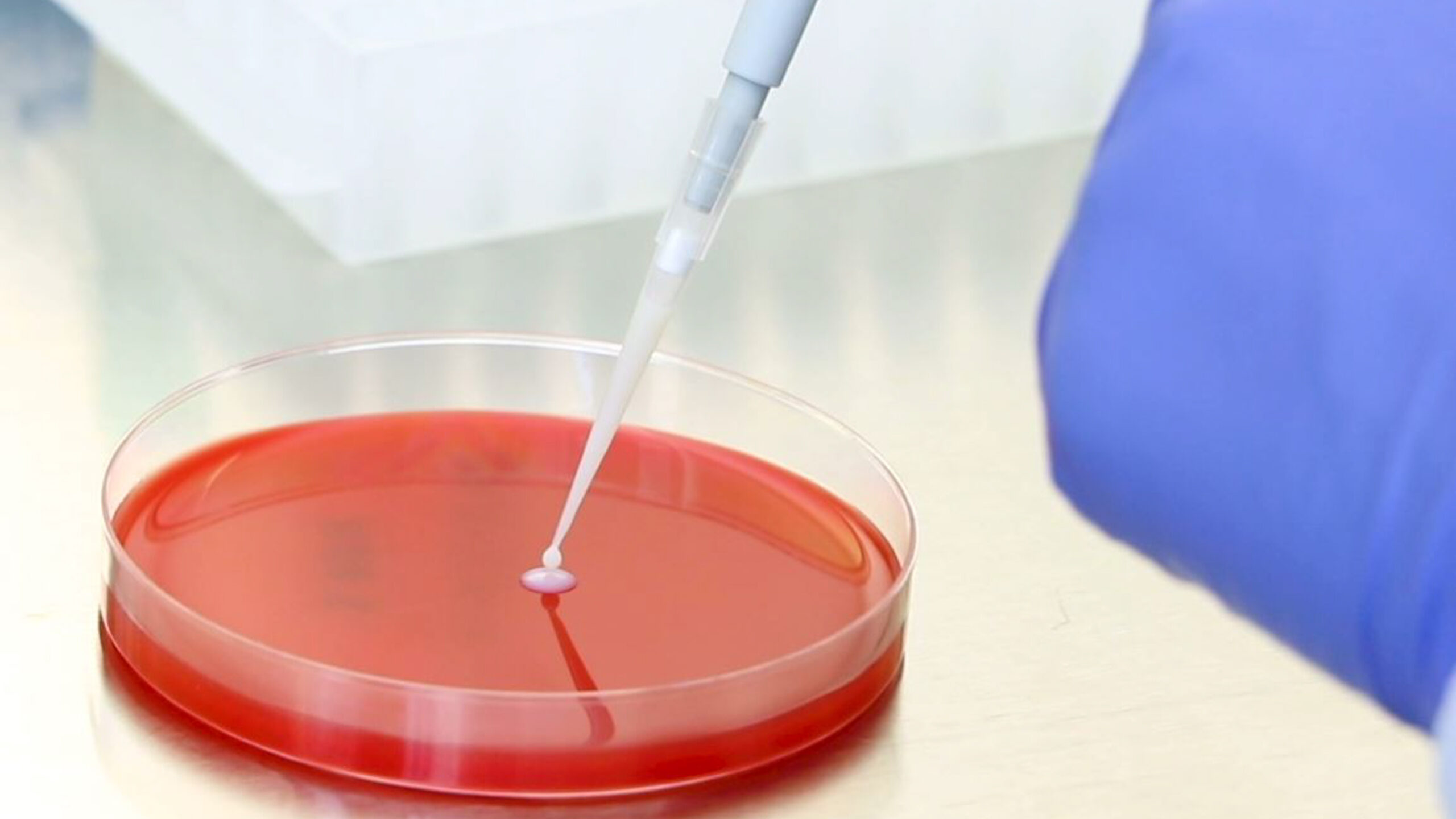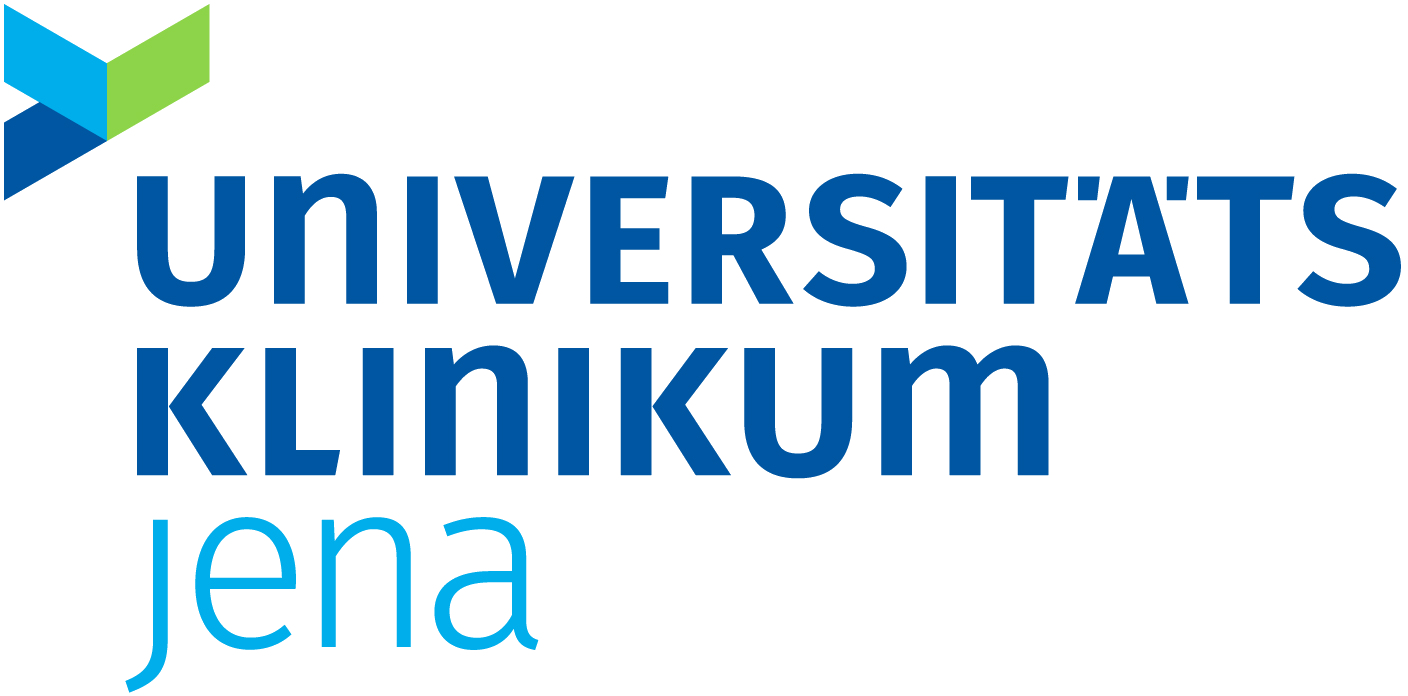ADA

ADA - Adaptable Decentralized Diagnostics for Veterinary and Human Medicine
Runtime: 01.09.2020 - 31.08.2025
Methicillin/beta-lactam-resistant Staphylococcus aureus, MRSA, is one of the most important antibiotic-resistant germs currently spreading worldwide and causing an increasing number of deaths. MRSA occur in hospitals, in outpatients, in completely healthy individuals and also in farm animals. Due to limited treatment options, they are a serious problem in both human and veterinary medicine. Rapid tests for the detection of infection or colonization are of great clinical importance, as their results influence decisions on the initiation of hygiene measures and the escalation of antibiotic therapies (i.e., the additional administration of reserve antibiotics). Detection of toxins and resistance genes as well as typing as a basis for hygiene measures are therefore of high benefit for patients and users.
The main objective of the project is the establishment of an integrated, decentralized test format that allows a cost-effective and rapid molecular diagnostic detection of Staphylococcus aureus / MRSA in swab samples and enrichment cultures. In addition, the detection of relevant virulence factors and resistance genes as well as genotyping of the germ is enabled. With the underlying nano-reactor technology, nucleic acids of different samples can be encoded and thus several samples can be processed simultaneously in one test cartridge. This allows complex molecular biological analyses (target multiplexing) to be performed in one sample with parallel processing of multiple samples in one test cartridge (sample multiplexing). The associated availability of the test at the site of the event should thus make screening prior to hospitalization or in the monitoring of animal herds quickly and economically feasible, thus contributing to the protection of patients and livestock.
IPHT: The first step in the subproject is the comprehensive bioinformatic analysis of the target organism Staphylococcus aureus and its resistance and virulence genes relevant to the project. This includes the selection of genes for the assay, probe and primer design as well as sample design and optimization and further development with regard to newly emerging epidemic strains and resistance developments.
In addition to bioinformatics, the subproject also includes the construction of a database, the establishment of reference methods, the acquisition and molecular characterization of reference strains and clinical isolates as well as own sequencing work.
The project is funded by BMBF under the number 13GW0456C and is co-financed by the project sponsor VDI-TZ Phys. Technol.
Image above: ©InfectoGnostics/Avocadofilm
Partners






